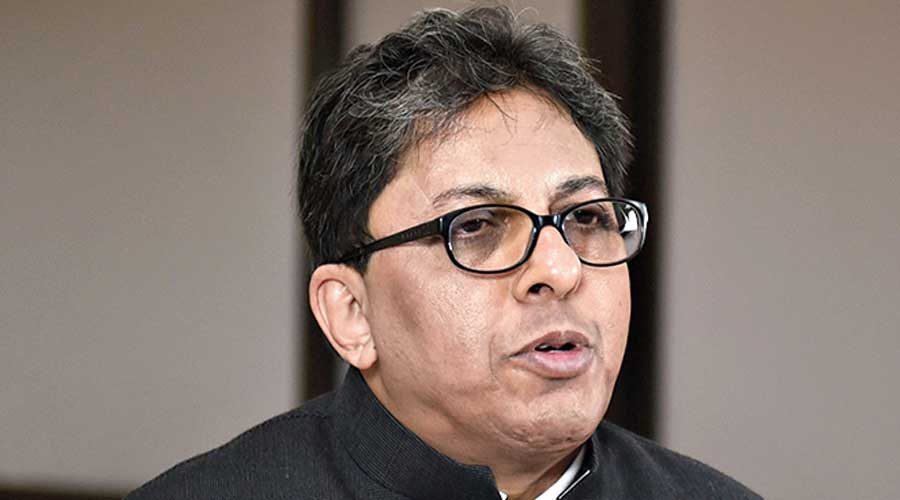Alapan Bandyopadhyay, former IAS officer and the principal advisor to West Bengal Chief Minister Mamata Banerjee, has been accused of indulging in conduct “unbecoming of an IAS officer” by the Narendra Modi government.
Bandyopadhyay is under investigation for being absent from a review meeting on Cyclone Yaas in New Delhi, chaired by Prime Minister Narendra Modi, in May 2021. He was recalled from the state on the same day. The Trinamool Congress government in West Bengal had refused to release the 1987-batch officer, who retired on May 31; he was then duly appointed as the principal advisor to Bengal chief minister Mamata Banerjee.
The Centre’s charge-sheet, issued to the officer in June, states that Bandyopadhyay did not attend the PM’s meeting despite being aware.
‘He (Bandyopadhyay) failed to maintain absolute integrity and devotion to his duty and conducted himself in a manner unbecoming of a member of the service by not attending a crucial review meeting chaired by the Prime Minister on May 28, 2021, for the assessment of loss of life and property and damage to infrastructure caused by the cyclonic storm YAAS despite being fully aware that such a meeting was scheduled to be held’, reads the charge-sheet.
Incidentally, the list of witnesses based on which charges were framed has one name — the ADC (aides-de-camp) to Bengal Governor Jagdeep Dhankhar.
The charge-sheet further states that Bandyopadhyay’s actions constituted a ‘major penalty charge’, for which the central government may stop or retrieve his full or partial retirement benefits and pension.
‘The central government proposes to hold major penalty proceedings against him under Rule 8 of the All India Services (discipline and appeal) rules 1969 (hereinafter referred Discipline rules) read with rule 6 of the All India Services (death-cum-retirement benefits) rules, 1958 (hereinafter referred to as retirement benefits rules)’, states the charge-sheet.
The Bandyopadhyay case is set to escalate further, since he has refused to join the probe, despite three summons issued by a central government-appointed authority conducting the inquiry against him.













